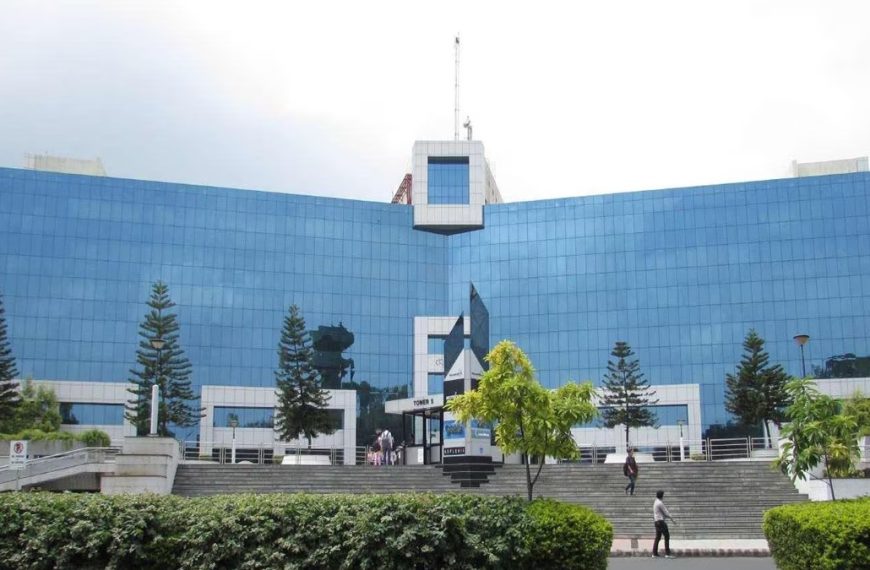In light of escalating tensions between India and Pakistan, the Indian government has issued a crucial directive to telecommunications companies. This mandate emphasizes the need for disaster-level readiness, ensuring that telecom services remain operational across the nation. With national security at stake, maintaining seamless communication is now more important than ever.
Government Directive for Telecom Preparedness
According to a recent report by CNBC TV18, the government has stressed the significance of uninterrupted telecom connectivity. All telecom operators are required to collaborate closely, ensuring that network operations run smoothly even during emergencies.
- Key requirements include:
- Readiness to implement emergency protocols.
- Coordination among telecom companies for efficient operations.
A source familiar with the situation indicated that all telecom firms have acknowledged the directive and expressed their commitment to deploying necessary emergency measures.
Focus on Critical Infrastructure
The government has also mandated that telecom companies maintain an updated inventory of critical telecom infrastructure, particularly in border areas. This initiative aims to safeguard these essential facilities during crises.
- Specific instructions include:
- Prioritizing tower and transceiver station operations within 100 kilometers of the international border.
- Ensuring robust protection and functionality of telecom installations during emergencies.
Furthermore, a letter from the Ministry of Communications’ Disaster Management Division explicitly instructed telecom operators to adhere to the Standard Operating Procedures (SOP) 2020 for emergency telecommunications. The message conveyed urgency, urging swift action to ensure compliance.
Coordination with State Governments
The Ministry has also directed the Licensing and Spectrum Administration (LSA) heads within the Department of Telecommunications (DoT) to work closely with state governments. This collaboration aims to facilitate the smooth movement of telecom teams during emergencies and enhance the protection of vital telecom infrastructure from potential threats. Additionally, telecom companies are urged to maintain adequate diesel reserves for generator sets, ensuring a constant power supply to critical facilities.
Context of Rising Tensions
These measures come in the wake of heightened tensions following Operation Sindoor, a military response to the tragic Pahalgam terror attack that claimed 26 lives on April 22. This backdrop underscores the urgent need for enhanced communication readiness in the face of national security challenges.
As the situation develops, it is clear that the Indian government is taking proactive steps to fortify its telecommunications network, ensuring that communication lines remain open during critical times.











